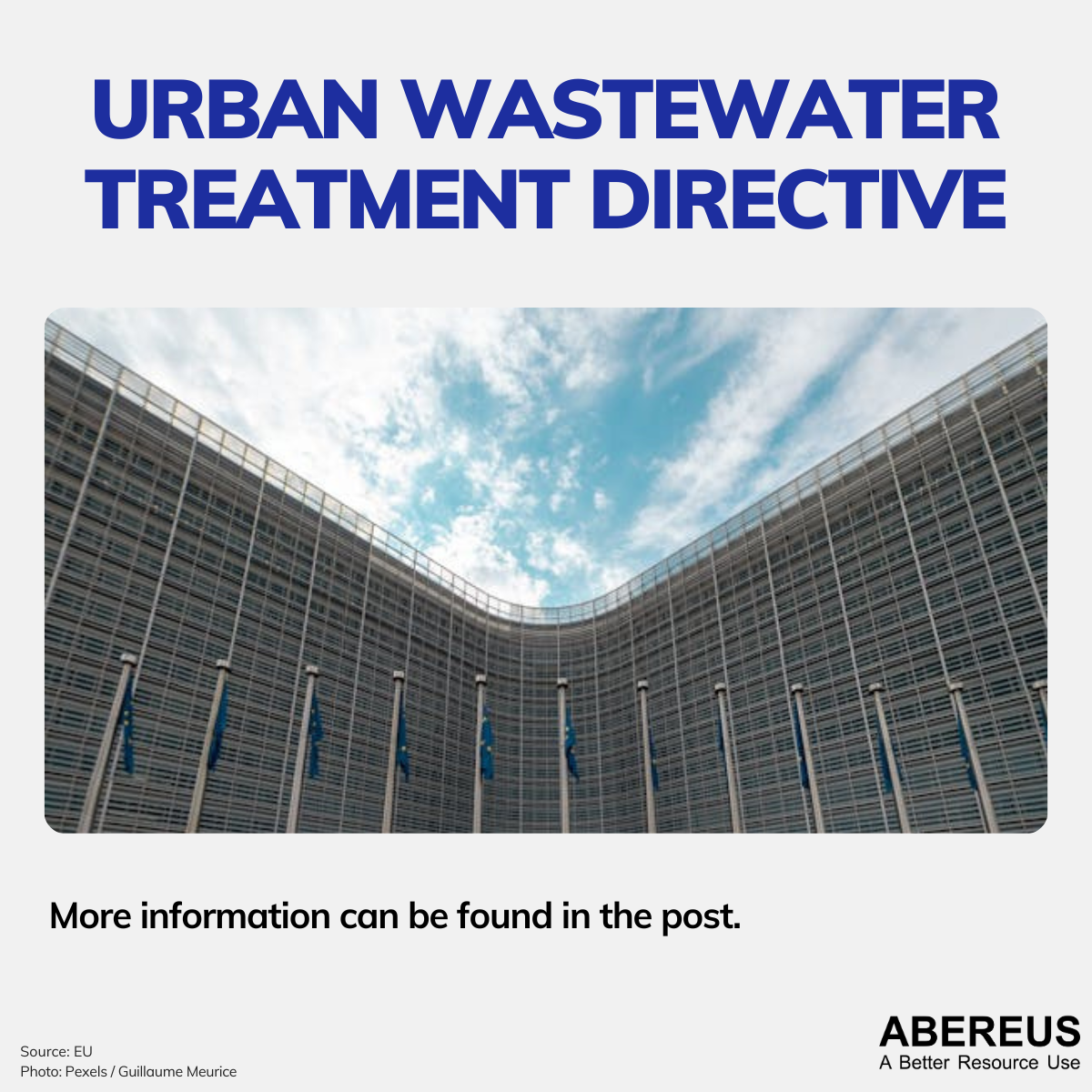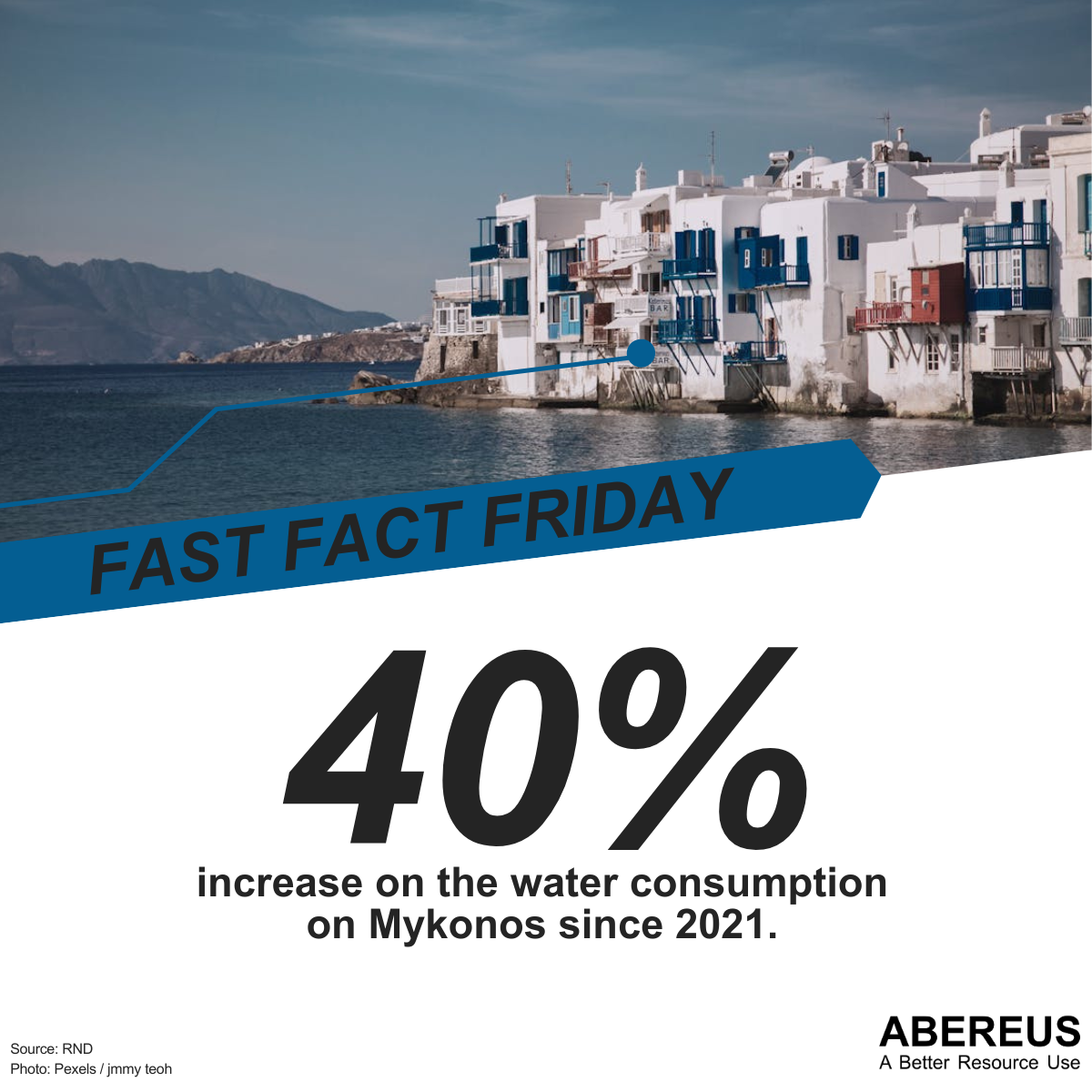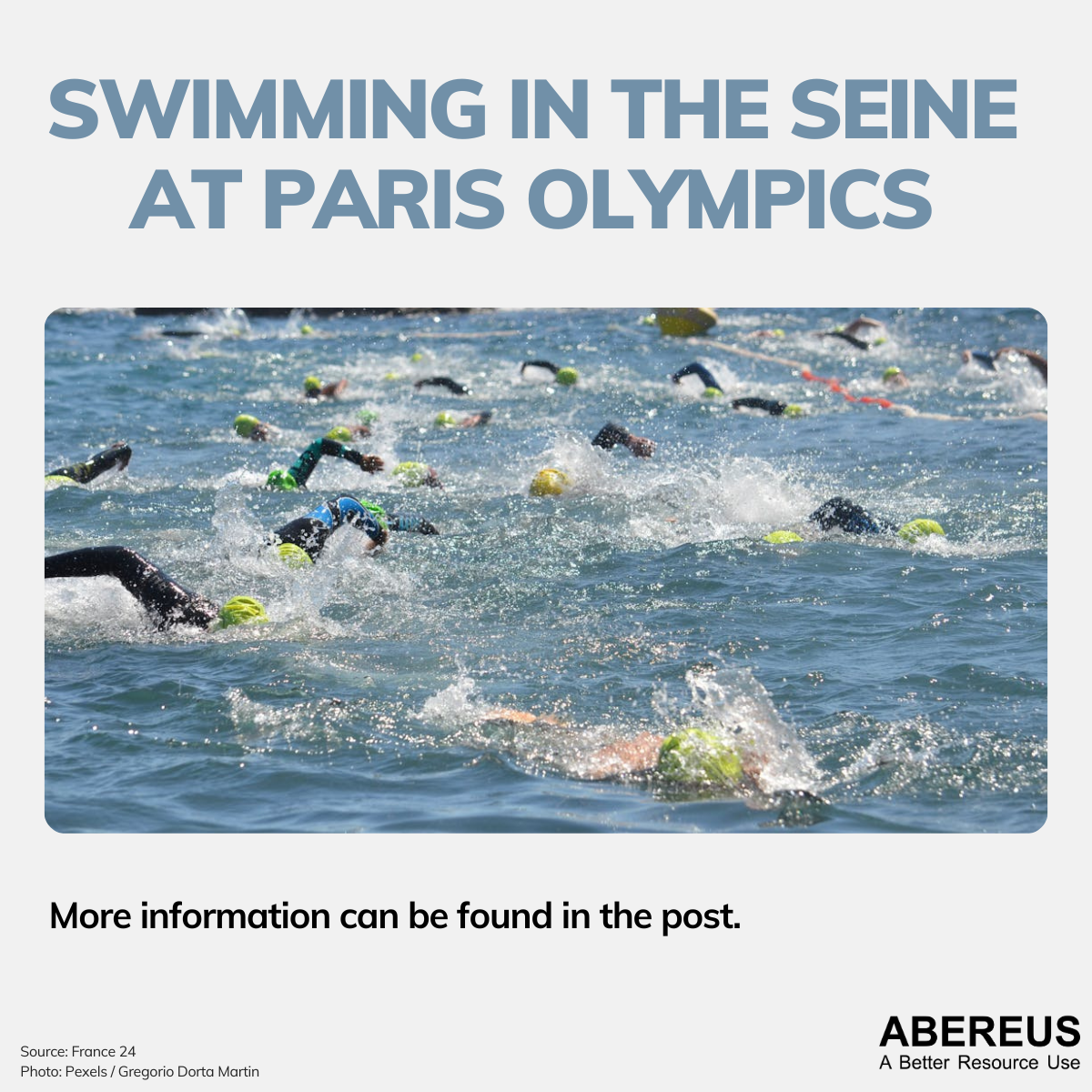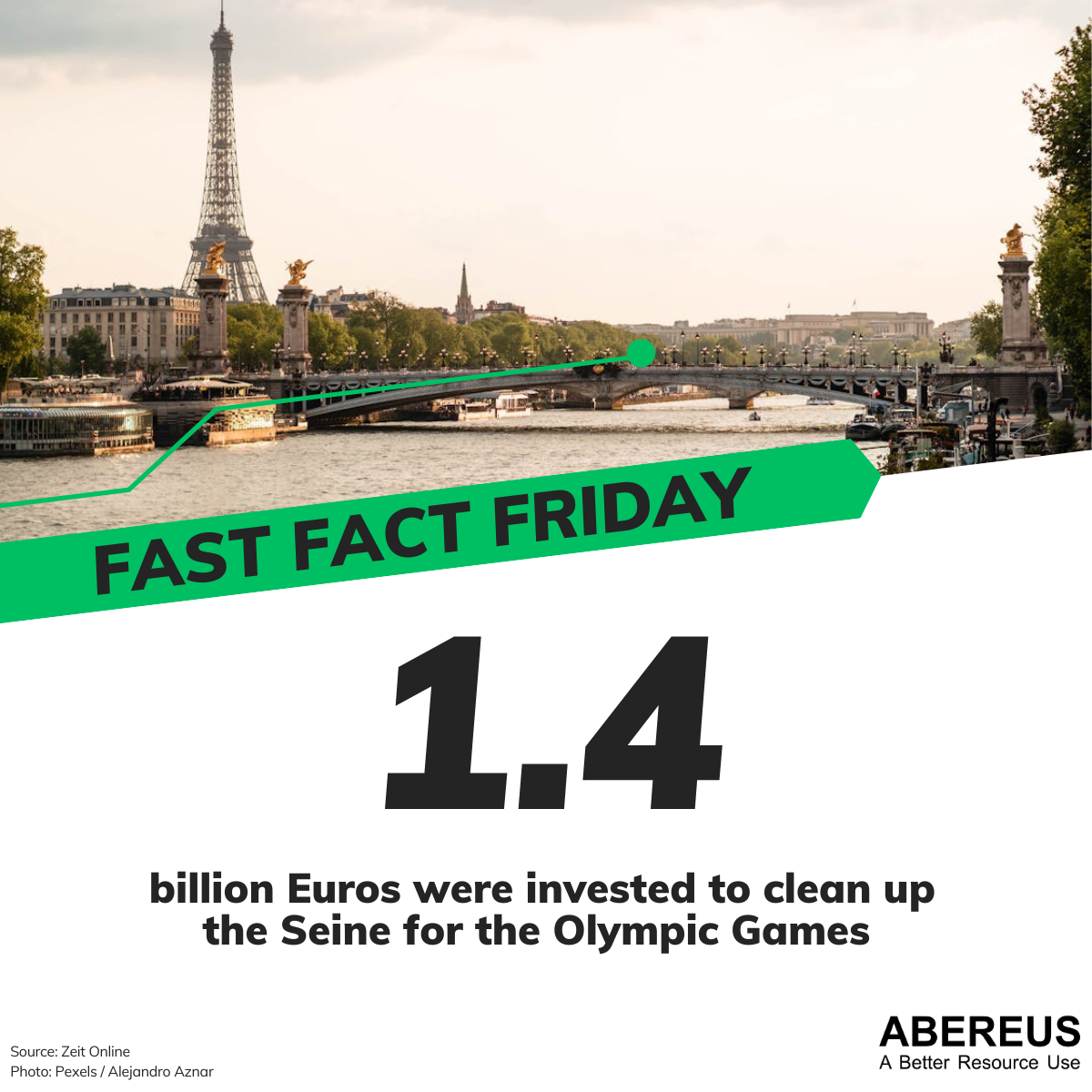Summary of “KARL”

Date
The European Council of Member States and the European Parliament have reached an agreement to revise guidelines for the treatment of urban wastewater, in German the short version is “KARL”. The primary goal is to better protect human health and the environment from harmful water discharges. Key points of the agreement include:
- Expanded Scope: The revised directive will cover smaller communities (from 1,000 inhabitants) in addition to larger ones.
- Nutrient and Micro-Pollutant Removal: More nutrients and micro-pollutants from wastewater, especially those from toxic pharmaceuticals and cosmetics, will be removed.
- Systematic Monitoring: Microplastics in wastewater treatment plants will be systematically monitored.
- Polluter Pays Principle: The most environmentally damaging industries (e.g., pharmaceutical and cosmetic manufacturers) will cover at least 80% of costs for removing micro-pollutants.
- Health Parameters Monitoring: Regular monitoring of health-related parameters in municipal wastewater, including antimicrobial resistance and potential SARS-COVID pathogens during pandemics.
- Climate Resilience: Preparing for intense rainfall events due to changing climate conditions.
These changes aim to revolutionize the sector and make it more resilient in the coming decades. Additionally, the directive ensures access to sanitation for vulnerable and marginalized populations in the EU.



